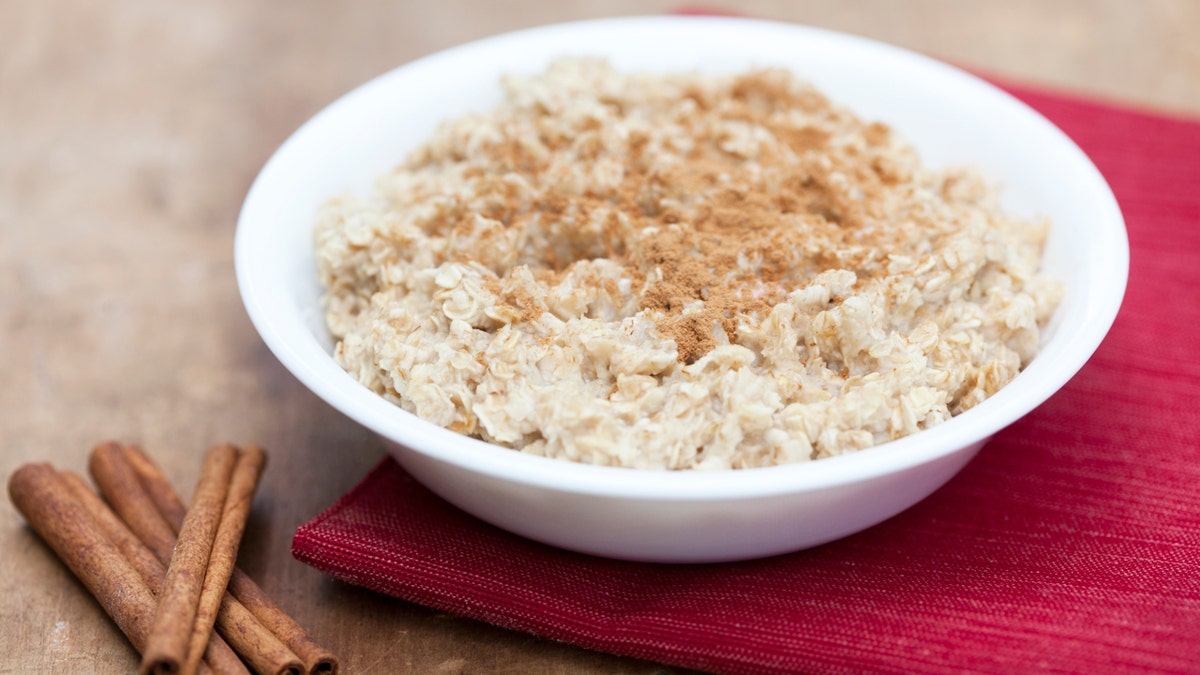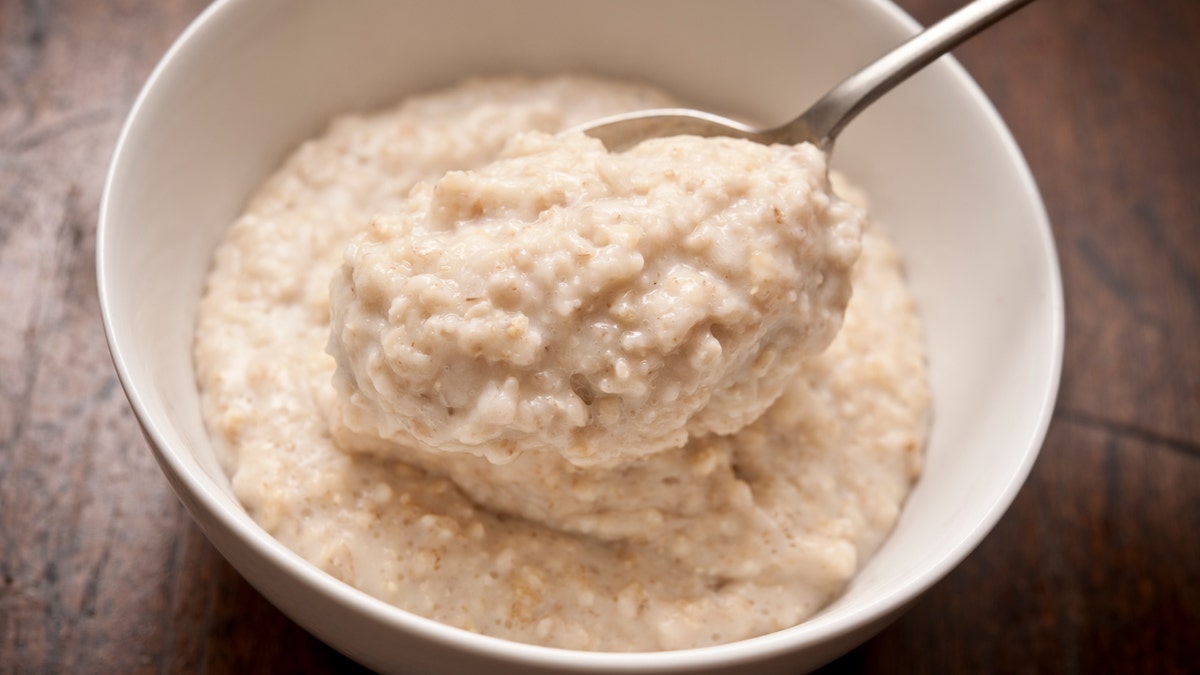Recent research suggests that incorporating oatmeal into your daily routine may contribute to a longer lifespan. A study by the American Journal of Lifestyle Medicine, which included a 105-year-old woman who regularly consumed oatmeal, supports this notion, according to family physician Dr. Mike Sevilla. Previous research also indicates that oatmeal consumption is linked to a decrease in premature mortality.

Beyond longevity, studies show that oatmeal can lower cholesterol and improve blood sugar control, potentially reducing the risk of heart disease and diabetes. It's also an affordable, versatile breakfast option, easily adaptable to individual preferences with additions like fruit, nuts, seeds, and spices.
Oatmeal's Health Advantages
Here are some key benefits of incorporating oatmeal into your diet:
1. Cholesterol and Blood Sugar Management
Oatmeal's ability to decrease cholesterol absorption and improve insulin control contributes to better heart health and diabetes management.

2. Immune System Support
Rich in minerals like selenium and copper, oatmeal strengthens white blood cells, bolstering the body's defense against illness and infection. It also contains compounds that enhance immune responses and combat pathogens.
3. Digestive Health
As a rich source of soluble fiber, particularly beta-glucans, oatmeal promotes healthy digestion. Beta-glucans form a gel-like substance in the gut, slowing digestion, fostering beneficial gut bacteria, and regulating blood glucose and insulin responses, according to registered dietitian Brittany Kingry.

4. Nutrient Density
Oatmeal is packed with essential vitamins and minerals, including iron, zinc, phosphorus, magnesium, copper, folate, and B vitamins, making it a nutritionally valuable addition to your diet.
Potential Downsides of Oatmeal
Despite its numerous benefits, it's important to be mindful of potential drawbacks:
1. High Carbohydrate Content
Oatmeal is relatively high in carbohydrates. To balance this, Kingry recommends pairing oatmeal with protein sources like nuts, protein powder, nut butter, or lean meats to stabilize blood sugar levels. Individuals with diabetes or insulin resistance should consult a healthcare professional about appropriate oatmeal consumption.

2. Added Sugars and Gluten Contamination
When purchasing oatmeal, opt for plain rolled oats to avoid added sugars or sugar alternatives. Also, be aware that while oats are naturally gluten-free, cross-contamination can occur. Choose certified gluten-free options if necessary. Stick to recommended serving sizes to prevent overconsumption.








